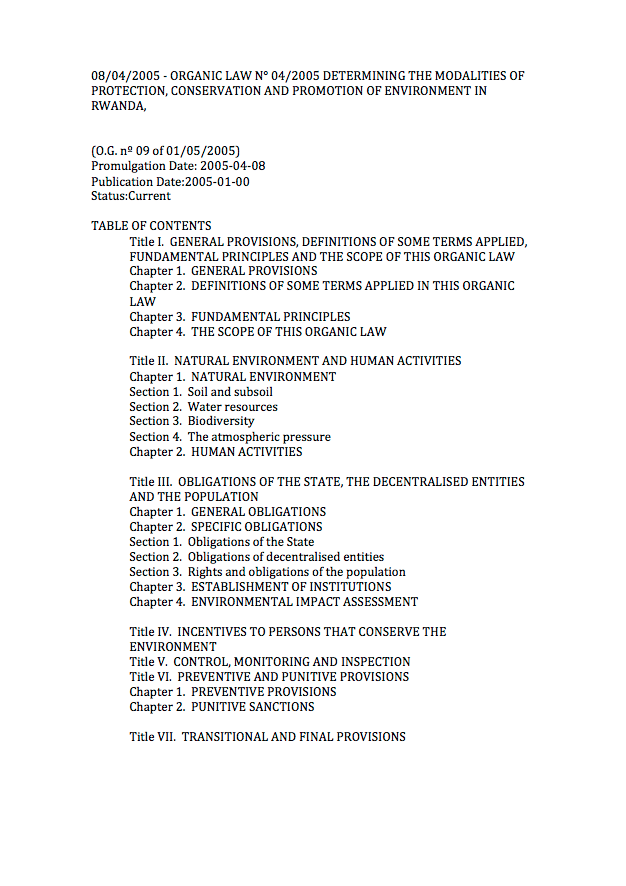A Place We Want to Call Our Own. A study on land tenure policy and securing housing rights in Namibia?
Chapters cover introduction and background; land tenure; housing; inheritance and marital property legislation; poverty reduction strategy; land management systems; implementation of land and housing rights; good practices; conclusions; recommendations. Argues that the challenge is to take the steps necessary to speed up full implementation of the Flexible Land Tenure System so as to revitalise the hopes and aspirations of the thousands of poor families living in informal settlements.



